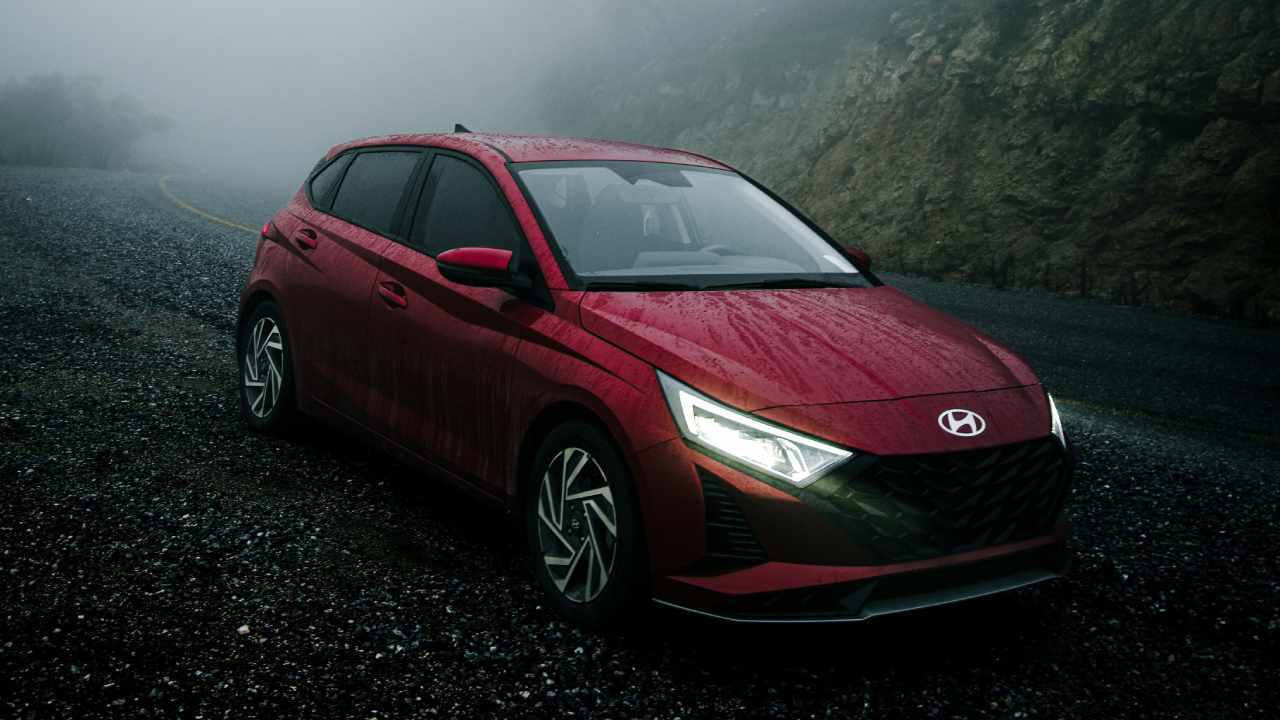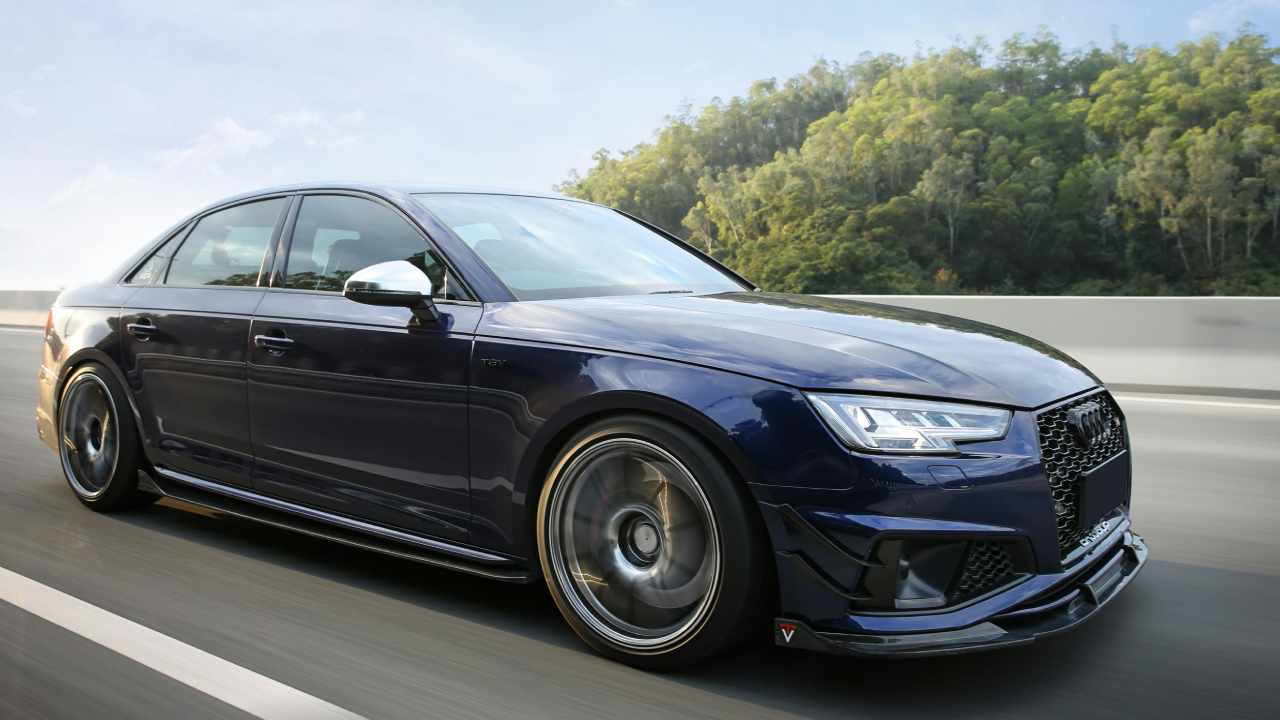The automotive world is at a crossroads. With electric vehicles (EVs) gaining traction and gasoline-powered cars holding their ground as the tried-and-true option, many consumers are left wondering which path to take. Should you go green with an electric vehicle, or stick with the familiarity of a gasoline car?
This blog breaks down the debate into practical insights to help you find the answer that works best for you. We’ll examine environmental impact, costs, performance, lifestyle considerations, and the future of both electric and gasoline cars. By the end, you’ll have a clear picture of which type of car aligns with your needs and values.
Environmental Impact
Carbon Footprint
One of the most significant distinctions between electric and gasoline cars is their environmental impact. Gasoline cars emit carbon dioxide (CO2) as they burn fuel, contributing to air pollution and climate change. According to the Environmental Protection Agency (EPA), a typical gasoline car emits about 4.6 metric tons of CO2 annually.
Electric cars, by contrast, produce zero tailpipe emissions. However, their true environmental impact depends on how the electricity powering them is generated. If electricity comes from renewable sources like wind or solar, EVs are incredibly eco-friendly. On the other hand, if electricity is predominantly generated from coal or natural gas, the carbon footprint of charging an EV increases. Nevertheless, studies show that even when powered by fossil fuels, EVs still have a smaller overall carbon footprint than gasoline cars over their lifetime.
Energy Efficiency
Electric cars are far more energy efficient than gasoline vehicles. Approximately 77% of the energy from an EV’s battery is used to move the car, compared to only about 12%–30% of the energy from gasoline fuel. This means less wasted energy and a more sustainable ride.
Sustainability
Gasoline vehicles rely on finite fossil fuels that take millions of years to form, making them inherently unsustainable. EVs, on the other hand, use lithium-ion batteries, which, though currently reliant on mining, can be recycled to decrease environmental harm. Ongoing advancements in battery technology are only increasing the sustainability of EVs moving forward.
Cost Analysis
Upfront Cost
Electric cars tend to have a higher upfront cost compared to gasoline cars. For example, many EVs start at around $30,000 to $35,000, though luxury options like Tesla’s Model S can skyrocket to over $90,000. Gasoline cars, particularly compact models, can start as low as $20,000.
Fortunately, many governments offer subsidies and tax incentives for EV buyers, which can significantly reduce the initial purchase price. These perks vary by region, so check your local policies.
Maintenance
EVs win hands-down when it comes to low maintenance costs. They have fewer moving parts compared to gasoline cars—no oil changes, fewer brake replacements, and no complex engines to maintain. According to Consumer Reports, EV owners can save up to 50% on maintenance over the car’s lifetime.
Gasoline cars can be more costly to maintain, with regular oil changes, brake replacements, and more frequent wear on engine components.
Fueling Costs
Electricity is generally cheaper than gasoline. The cost to fully charge an EV can range from $5 to $15, depending on local electricity rates. Comparatively, filling up a gasoline car costs an average of $50 or more, subject to fluctuating fuel prices.
Long-Term Savings
When you tally the fuel and maintenance savings, electric cars often emerge as the more cost-effective option in the long run. However, the savings can depend on local electricity rates, available incentives, and how often you drive.
Performance and Convenience
Driving Range
Driving range remains one of the key concerns for potential EV buyers. While many modern EVs, such as the Tesla Model Y or Hyundai Ioniq 5, offer ranges of 250–350 miles on a single charge, this still lags behind gasoline-powered cars, which can drive 400–500 miles on one tank of gas.
Charging Infrastructure
Although charging networks are expanding rapidly, gasoline stations remain far more accessible, especially in rural areas. Charging an EV also takes longer than refueling a gas car—typically 30 minutes to several hours, depending on the charger used.
Acceleration and Smooth Driving
On the flip side, EVs offer superior acceleration and a smoother ride. Due to their electric motors, they deliver almost instant torque, making them quicker off the line compared to gasoline cars. Many EVs also operate quietly, enhancing driving comfort.
Cold-Weather Performance
Gasoline cars typically perform better in extreme cold, as battery performance can drop in lower temperatures. That said, advancements in thermal management systems are improving EV reliability in all climates.
Personal Values and Lifestyle
Your choice ultimately comes down to personal priorities. Here are a few considerations:
- Environmental Concerns: If you prioritize eco-friendliness, an EV is the clear winner.
- Driving Habits: Do you take frequent long road trips? The range and refueling convenience of a gasoline car may suit you better.
- Budget: Consider both upfront and long-term costs based on your financial situation.
- Convenience: If you live near plenty of charging stations and have easily accessible home charging, an EV becomes more practical.
- Tech Enthusiast VS Traditionalist: EVs come loaded with advanced tech features, while gasoline cars still offer a familiar, tried-and-tested experience.
Latest Innovations and Future Projections
Electric Cars
Innovation in the electric vehicle space is happening at a breakneck pace. Battery technology is improving, with solid-state batteries promising even faster charging and longer ranges. Charging networks are also expanding globally, driven by companies like Tesla, Electrify America, and Shell Recharge. With forecasts predicting EVs will dominate the new car market by the 2030s, choosing an EV now sets you up for a future proof ride.
Gasoline Cars
While gasoline cars are losing ground to EVs, they aren’t going away just yet. Automakers continue to refine internal combustion engine (ICE) technology to improve fuel efficiency and reduce emissions. However, governments worldwide are introducing stricter emissions regulations, and many are setting timelines to phase out gasoline vehicles altogether.
Finding the Perfect Fit for You
Choosing between an electric and gasoline car is not a one-size-fits-all decision. It requires balancing your environmental concerns, financial priorities, driving habits, and lifestyle. Both offer unique advantages, and the right choice depends entirely on what matters most to you.
Before buying, consider your long-term needs and the direction you’d like to see the automotive industry—and the planet—move toward. Whether you’re drawn to the innovation and sustainability of EVs or the familiarity and convenience of gasoline cars, you now have the insights to make an informed decision.





Leave a Reply